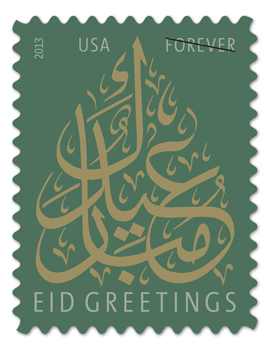CAIR News Release
August 28, 2007
Civil rights and community organizations are urging their constituents to take note of revised screening procedures at airports for all head coverings and to know their rights as travelers.
The Transportation Security Administration (TSA) released a statement today confirming reports of new head covering screening procedures as of August 4, 2007. The Sikh Coalition, the largest civil rights organization of American Sikhs, was the first to learn of the new policy and to seek its clarification. The Council on American- Islamic Relations has joined the Sikh Coalition as a signatory to a petition asking the current Department of Homeland Security Secretary Michael Chertoff to address concerns about the new policy.
The new Standard Operating Procedure includes a guidance recommending that America’s 43,000 airport screeners pull aside travelers for secondary screening if their head wear is suspected to conceal a “threat item,” regardless of whether they pass the metal detector. The secondary screening will include a pat-down search and possibly a request to remove the head wear.
The TSA has not made copies of the new screening procedure or guidelines on its implementation available to the public. According to the Sikh Coalition, the turban is the only form of religious garb specifically identified by the TSA as an example of head wear that could lead to secondary screening at security checkpoints. Failing to distinguish between religious head coverings and fashion wear, the TSA provides cowboy hats and berets as other notable examples of head wear.
The new procedure’s recommendation of physical pat-downs fails to acknowledge the religious sensitivities involved and does not include any guidance on how to perform these manual checks.
Earlier Standards Reversed
The new policy is a reversal of standard procedures created in November 2001 to address Americans’ national security concerns while safeguarding religious freedom. The previous policy required TSA screeners to search head coverings such as the turban only if the metal detector was not cleared. Screeners were required to do as much as possible to avoid physically touching the head covering.
Religious Profiling
The specific singling of the turban and the apparent disregard for religious practice has sparked concern over religious profiling.
“The policy allows screeners to single out travelers on the basis of their religion,” said Amardeep Singh, Executive Director of the Sikh Coalition. “..That attitude challenges the spirit of religious pluralism on which our country was built.”
The policy has led Sikhs to feel that the one of their most precious articles of faith has become part of a government-mandated profile of a person who is a terrorist threat. According to Sikh Coalition officials, since September 11, 2001, hundreds of Sikhs have been harassed, beaten, and even killed because of the association of their turbans and beards with terrorism.
A number of civil rights organizations and community groups led by the Sikh Coalition seek to resolve concerns raised by the new policy with the U.S. Department of Homeland Security, including charges that the practical implementation of the policy will lead to rampant religious profiling. They are urging the TSA to implement a policy that is both respectful of religious pluralism and meets America’s safety needs
Know Your Rights
The Council on American-Islamic Relations encourages Muslims to to respond in the following manner:
1. Please remain calm and courteous during the process.
2. Request that the screener check the headdress with a wand rather than with a pat-down process, explaining that the hijab (head covering) is a religious article of great importance.
3. If the screener cannot oblige ask that the second screening take place in a private room with guards of the same gender. Travelers have the right to request such accommodation.
4. Report any incidences you believe may be ethnic, religious, or racial profiling to socal@cair.com or call 714-776 -1847.
The Sikh Coalition also provides a response guide and is encouraging Sikhs to report their turban screening experience.



















Posted on August 29, 2007
0